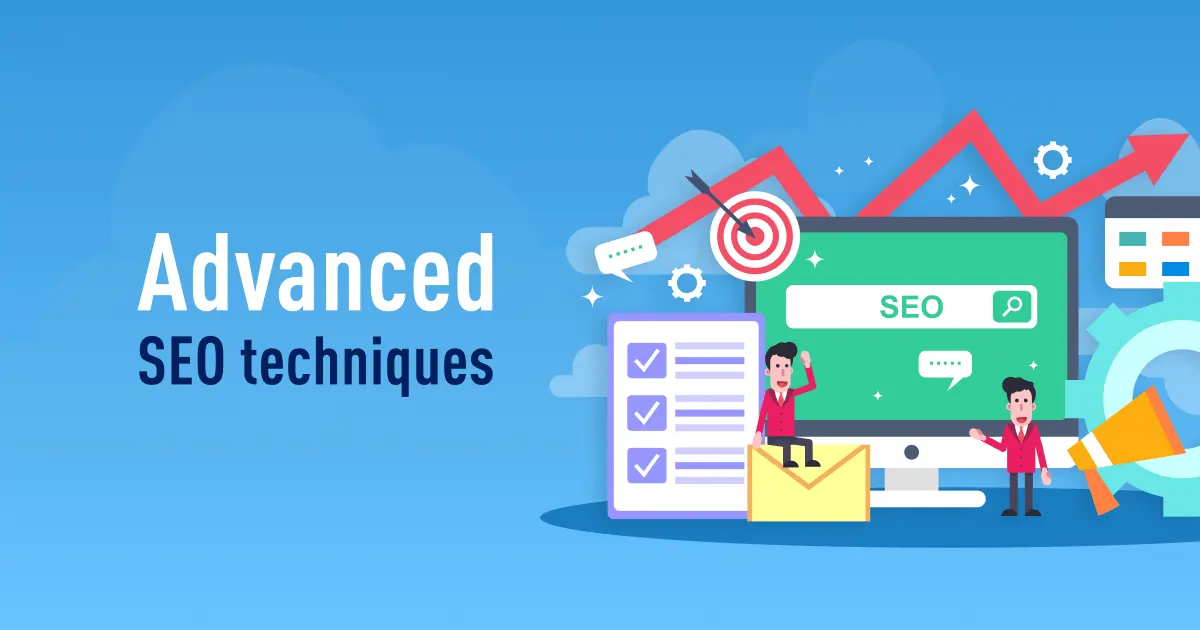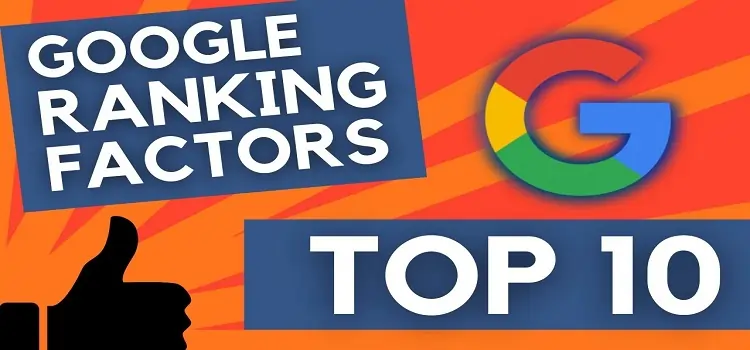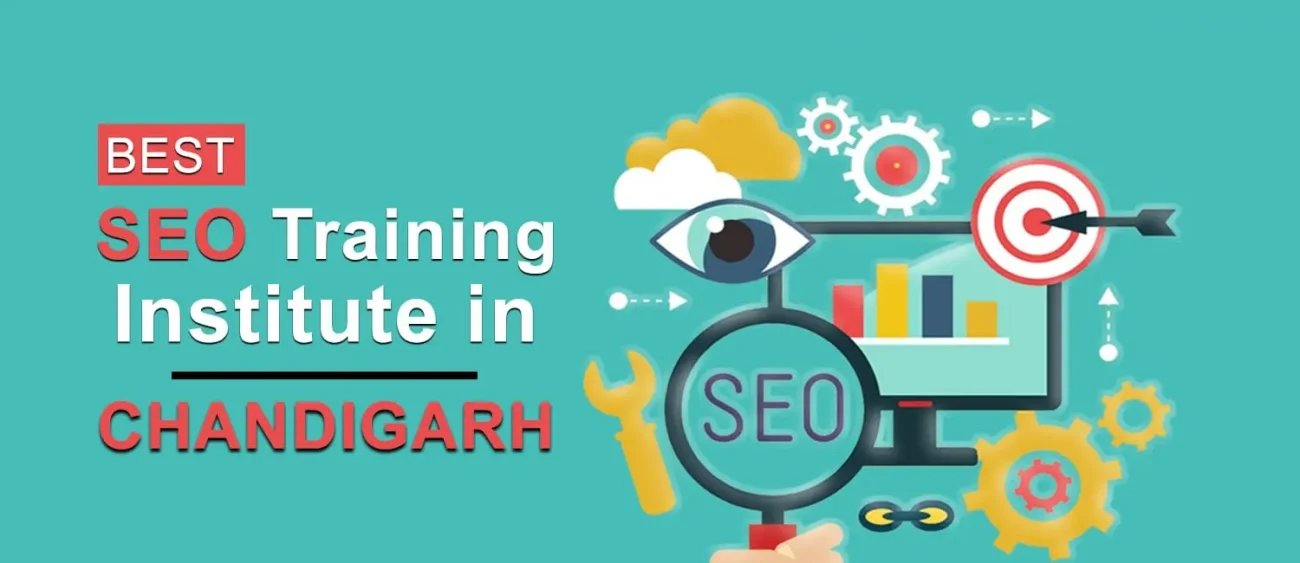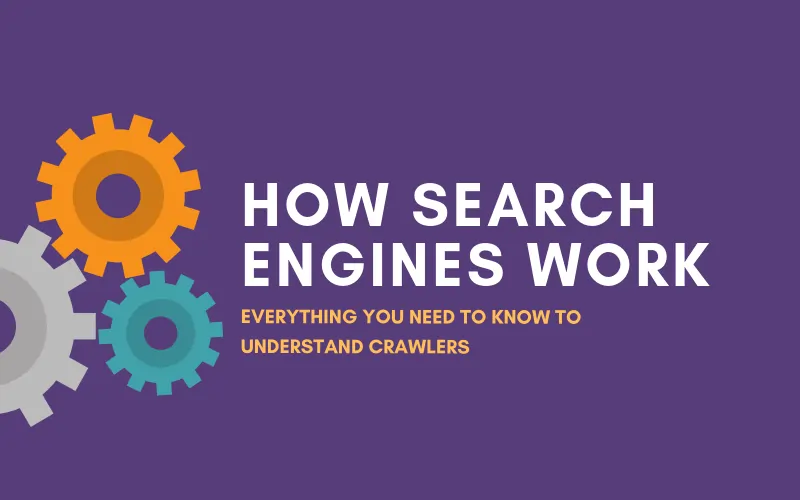What is Advanced SEO Techniques and Strategies ?

What is Advanced SEO Techniques and Strategies ?
In this Article, we will go into the world of advanced SEO methods and techniques. We here at eonlineseotraining.com are well aware of the significance of maintaining a lead in the increasingly competitive digital landscape. Because we are professionals in this area, we have compiled a detailed guide that will show you how to maximize the visibility of your website in search engines and help you realize its full potential. You will be able to elevate your online presence to entirely new heights if you put into practice the advanced SEO approaches and strategies that are explained in this article.
Understanding the Importance of Advanced SEO Techniques
To maintain a competitive advantage in today’s rapidly developing digital environment, it is essential to go beyond the fundamentals of search engine optimization (SEO) and adopt more complex tactics. The goal of advanced SEO tactics is to improve your website’s overall performance on search engine result pages (SERPs) by enhancing its visibility, user experience, and general performance. You can attract targeted organic traffic, boost conversions, and achieve success over the long run if you incorporate these methods into your attempts to optimize your website for search engines. Let’s look into some of the most important advanced SEO strategies and techniques:
The Development of a Powerful Keyword Strategy
When it comes to more complex SEO strategies, long-tail keywords are absolutely essential. Long-tail keywords allow you to attract users who are more likely to convert into customers when used effectively. For instance, rather than focusing on “SEO techniques,” you could instead target “advanced SEO techniques for e-commerce websites.
Utilizing LSI Keywords for Semantic Relevance
LSI keywords, also known as latent semantic indexing keywords, are terms that are thematically connected to one another and are used by search engines to understand the context of your content. Enhancing the semantic relevance of your content and increasing its exposure in search results can be accomplished by incorporating LSI keywords into your headlines as well as your subheadings. For instance, in addition to using the term “advanced SEO techniques,” you might also utilize LSI keywords such as “SEO best practices,” “SEO optimization tips,” and “SEO strategies.”
Producing Content That Is Both of High Quality and Engaging
For advanced SEO to be successful, it is essential to create material of a high quality. Your content should be the result of extensive study, it should inform your readers, and it should offer them something of value. You can generate organic backlinks to your website and boost its reputation by establishing yourself as an authority in your business through the publication of smart articles, tips, and tutorials on your website.
Including Components of Rich Media
Think about combining a variety of rich media formats into your content in order to increase the amount of time that users spend interacting with it. Images, infographics, movies, and interactive components are all included in this category. Not only does the addition of rich media to your content make it more visually appealing, but it also encourages readers to stay on your website for longer. Optimize these components further by including meaningful alt tags and captions in order to boost their appearance in picture searches.
Optimizing On-Page Elements
Create titles and meta descriptions that are enticing to visitors, full of keywords, and will encourage them to click on your link when it appears in search results. Make sure that every page on your website has a title tag that is distinct and informative, and your meta descriptions should succinctly summarize the content while also including the target phrase in a natural way.
Implementing Structured Data Markup
It is easier for search engines to grasp the content and context of your web pages if you mark them up using structured data markup, such as schema.org markup. You are able to improve the appearance of your website in search results by including structured data. This will allow you to add rich snippets, knowledge panels, and other visually appealing aspects to your website. This has the potential to greatly boost the exposure of your website as well as the click-through rates.
Acquiring Expertise in Off-Page SEO
Constructing Backlinks of a High Quality Backlinks are still a very important component of off-page SEO. Your first goal should be to obtain backlinks of a high quality from authoritative websites within your field. Building a wide and natural backlink profile requires that you participate in activities such as guest blogging, outreach to influencers, and content partnerships. When it comes to backlinks, remember that quality is more important than number, so give priority to sources that are pertinent and respected.
Putting the Strength of Social Media to Work for You
Platforms for social media provide a wonderful opportunity to magnify your content and attract a bigger audience than you could have otherwise reached. Engage with consumers and share your high-quality content on channels that are relevant to your target demographic to develop brand exposure and loyalty. In order to broaden your audience reach and maybe acquire additional backlinks, you should encourage social sharing.
Maximizing the Potential of Technical SEO to Improve Performance
Compressing images, taking advantage of browser caching, and reducing the number of superfluous scripts are three ways to improve the loading speed of your website.
Improving the Site’s Architecture and Navigating Capabilities
The user experience can be improved by having a website with a structure that is properly structured and has navigation that is easy to use. Make sure the architecture of your website is well thought out and simple to traverse in order to make it simple for users and search engines to locate and index your information. Improve your website’s discoverability and crawlability by employing techniques such as breadcrumb navigation, XML sitemaps, and internal linking.
Leveraging the Potential of Local SEO
Getting the Most Out of Your Google My Business Listing.
In order to achieve success with local SEO, it is essential for businesses who have a physical presence to optimize their Google My Business (GMB) listings. Claim and verify your listing on Google My Business to ensure that all of the information about your company, such as its address, phone number, and operating hours, is correct and up to date. To enhance your business’s reputation and bring in additional local customers, you should encourage satisfied customers to provide good reviews.
Localizing content and focusing on keywords that are specific to a location is the topic of the second heading.
It is important to effectively target local clients, so you should localize your content and include keywords that are location-specific. Always remember to include your NAP (Name, Address, and Phone number) in a consistent manner across all of your platforms.
Keeping Current with the Latest SEO Trends
Reading Industry Blogs and Articles Written by Thought Leaders.
SEO is a dynamic field that is constantly undergoing new developments. Follow credible industry blogs and thought leaders to stay current on the most recent industry trends, algorithm updates, and best practices. Participate in online networks and forums to maintain connections with other search engine optimization pros and exchange knowledge. Maintaining a competitive advantage in the game of search engine optimization (SEO) requires on-going education and adjustment.
Keeping an Eye on the Analytics and Performance of Websites
Maintaining a consistent monitoring schedule for your website’s analytics and performance data will allow you to obtain valuable insights into the behavior of users, the sources of traffic, and conversion rates.
Evaluating and Assessing the Success of SEO
Monitoring the Positions of Keywords and Organic Traffic
It is crucial to monitor both your keyword ranks and your organic traffic in order to determine how effectively your SEO efforts are working. Monitor the ranks of your targeted keywords on a regular basis, and examine any fluctuations to search for new optimization opportunities. Make use of various analytics tools in order to evaluate the effect that your SEO strategies have had on the amount of organic traffic and conversions.
Analyzing User Engagement Metrics
User engagement metrics provide insights into how people interact with your website. Some examples of user engagement metrics are bounce rate, average session time, and pages per session. Perform an analysis of these analytics to locate pages with low engagement and then optimize those pages to provide a better experience for users. Websites that are interesting to visitors and easy to use have a better chance of ranking higher in search results.
Conclusion
In conclusion, advanced SEO approaches and strategies are essential for increasing the exposure of your website, attracting organic visitors, and attaining success over the long run. These strategies include leveraging long-tail and LSI keywords, creating high-quality content, optimizing on-page elements, mastering off-page SEO, harnessing technical SEO, leveraging local SEO, staying current with industry trends, and measuring the success of your SEO efforts. Keep in mind that SEO is an ongoing process, so maintain your dedication, adjust to changes, and continually refine your techniques in order to maintain a competitive advantage in the always shifting digital landscape.
Frequently Asked Questions
Q1: Why are more advanced SEO strategies so important?
The advanced tactics of search engine optimization go beyond the fundamentals and assist improve the visibility of your website, attract targeted organic traffic, and increase conversions. You can keep one step ahead of the competition and achieve success over the long run if you put in the effort to apply innovative strategies.
Q2:How do I make the most of long-tail keywords in my SEO efforts?
Long-tail keywords are keywords that are very particular and highly focused, and they cater to a specific type of audience. You can attract users who are more likely to convert if you strategically incorporate long-tail keywords into your content. Your primary focus should be on supplying information that is both helpful and pertinent and that is in line with the meaning of these keywords.
Q3:What exactly are LSI keywords, and how can I make the most of their potential application?
LSI keywords are terms that are logically connected to one another and are used by search engines to understand the context of the content you have created. Enhancing the semantic relevance of your content and increasing its exposure in search results can be accomplished by incorporating LSI keywords into your headlines as well as your subheadings. Carry out extensive research on keywords to locate LSI keywords that are connected to your target keyword, and then incorporate these keywords into your content in a natural way.
Q4:How crucial is it for advanced SEO that the material be of high quality?
Develop material that is of high quality, instructive, and interesting, and that offers something of value to your audience. By publishing intelligent articles, tips, and tutorials related to your sector, you may position yourself as an authority figure, which will increase the number of organic backlinks to your website and help boost its reputation.
Q5:How can I improve the speed and performance of my website?
Both the user experience and a website’s SEO rankings are directly impacted by its speed and performance. Compressing images, taking advantage of browser caching, and reducing the number of superfluous scripts are three ways to improve the loading speed of your website.
Q6:When it comes to more complex SEO methods, what part does local SEO play?
Local search engine optimization is absolutely necessary for companies that have a physical location. To attract local clients, you should optimize your Google My Business (GMB) listing, localize your content, and target keywords that are particular to the location of your business. Maintaining a good reputation in the community where you do business requires constant attention to and management of your online reviews.









